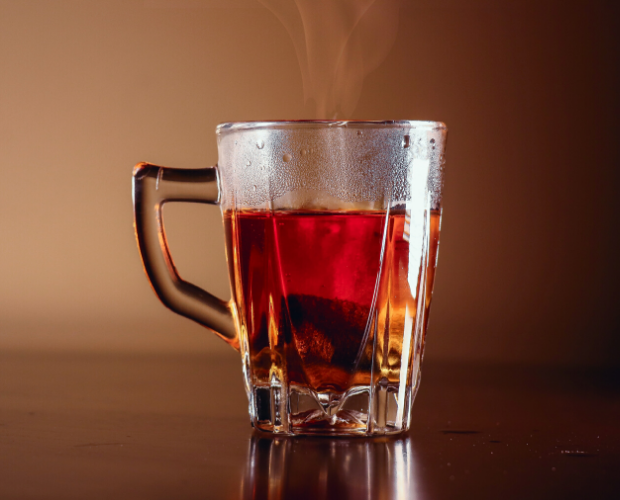According to an article published by fin24 on 13th June 2016; among SA’s 30.9 million-strong tea-drinking population, many already consider Rooibos to be the darling of the teas. And now new independent research seems to confirm this.
According to market research agency, Insight Survey’s latest South African Tea Industry Landscape Report 2016, SA tea-lovers are shifting to a preference for Rooibos rather than Black Tea.
Over 25,000 tea drinkers interviewed in survey
Insight Survey used AMPS to obtain an in-depth understanding of South Africa’s tea market where more than 25 000 adults (15 years and older) were interviewed in both rural and urban areas from January to June and July to December of last year.
Ernest du Toit, spokesperson for the Rooibos Council says although Black Tea still has a higher overall consumption than Rooibos, it is experiencing a steady decline, whereas Rooibos tea is showing growth both locally and even more so globally.
“The proportion of Black Tea consumers had decreased between 2011 and 2015, from 58.6% to 51.5%. However, the percentage of South African Rooibos consumers increased from 29.4% in 2011 to 30.9% in 2015,” said Du Toit.
Shift in taste in response to rooibos’ health benefits
Du Toit attributes this shift in consumption behaviour, primarily to the health benefits of Rooibos becoming more well-known. The majority of consumers are now looking for healthier alternatives to sugar-rich carbonated beverages, and Rooibos tea offers them that solution.
The demand for Rooibos tea is also growing overseas and the recently signed EU-SADC Economic Partnership Agreement (EPA), not only extends the geographical indicator (GI) status or trademark protection of Rooibos, but will also widen economic trade between Europe and South Africa, and the five other SADC states.
South Africa currently exports Rooibos tea to over 30 countries, including Germany, the Netherlands, Japan, UK and US. Germany by far still remains the biggest importer of Rooibos tea at 31%, with the Netherlands at 16% and Japan at 15%.
According to du Toit about half (6 000 to 7 000 tonnes) of Rooibos is exported annually, while the balance is consumed locally.
The report also highlights the growth potential of the iced tea market as the demand for the consumption of healthy tea increases.

